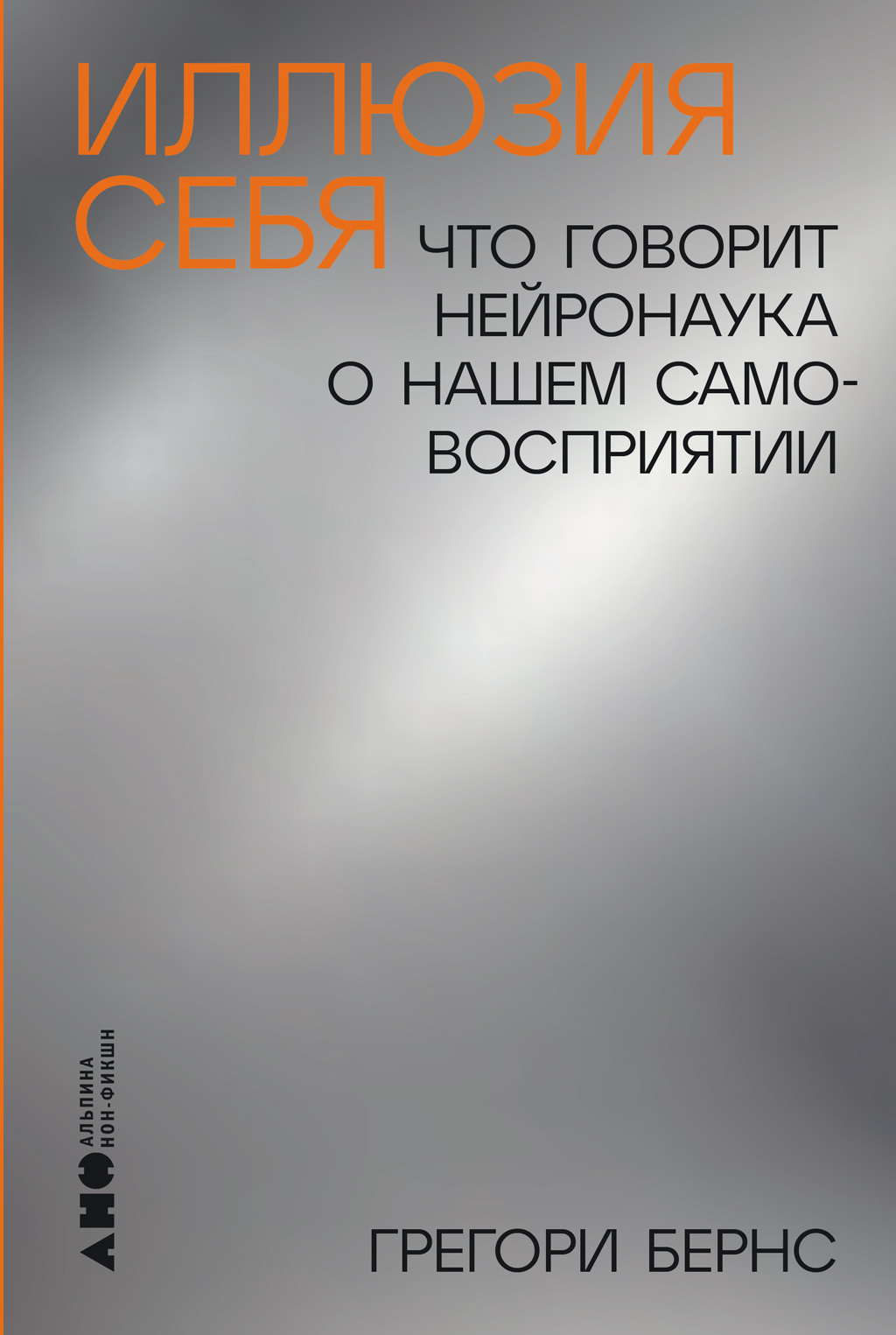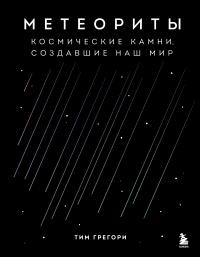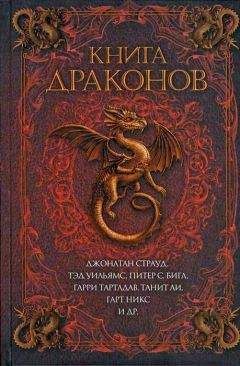148
Jim Carrey (@JimCarrey), «California Gov says yes to poisoning more children…,» Twitter, June 30, 2015, 7:03 p. m., https://twitter.com/JimCarrey/status/616049450243338240.
149
Josh Hafenbrack, «Trump: Autism Linked to Child Vaccinations,» South Florida Sun Sentinel, December 28, 2007, www.sun-sentinel.com/sfl-mtblog-2007–12-trump_autism_linked_to_child_v-story.html.
150
«Data & Statistics on Autism Spectrum Disorder,» Centers for Disease Control and Prevention, updated December 21, 2021, www.cdc.gov/ncbddd/autism/data.html.
151
Nadja Durbach, «'They Might as Well Brand Us': Working-Class Resistance to Compulsory Vaccination in Victorian England,» Social History of Medicine 13, no. 1 (2000): 45–63, www.historyofvaccines.org/index.php/content/articles/history-anti-vaccination-movements.
152
Robert M. Wolfe and Lisa K. Sharp, «Anti-Vaccinationists Past and Present,» BMJ 325, no. 7361 (2002): 430–432.
153
Jeffrey P. Baker, «The Pertussis Vaccine Controversy in Great Britain, 1974–1986,» Vaccine 21, nos. 25–26 (2003): 4003–4010.
154
Anna Kata, «A Postmodern Pandora's Box: Anti-Vaccination Misinformation on the Internet,» Vaccine 28, no. 7 (2010): 1709–1716.
155
Karen M. Douglas, Robbie M. Sutton, and Aleksandra Cichocka, «The Psychology of Conspiracy Theories,» Current Directions in Psychological Science 26, no. 6 (2017): 538–542.
156
Russell Hardin, «The Crippled Epistemology of Extremism,» in Political Extremism and Rationality, ed. Albert Breton, Gianluigi Galeotti, Pierre Salmon, and Ronald Wintrobe (Cambridge: Cambridge University Press, 2002), 3–22.
157
Cornelius Adrian Vermeule and Cass Robert Sunstein, «Conspiracy Theories: Causes and Cures,» Journal of Political Philosophy (2009): 202–227.
158
Chip Heath, Chris Bell, and Emily Sternberg, «Emotional Selection in Memes: The Case of Urban Legends,» Journal of Personality and Social Psychology 81, no. 6 (2001): 1028.
159
Aleksandra Cichocka, Marta Marchlewska, and Agnieszka Golec de Zavala, «Does Self-Love or Self-Hate Predict Conspiracy Beliefs? Narcissism, Self-Esteem, and the Endorsement of Conspiracy Theories,» Social Psychological and Personality Science 7, no. 2 (2016): 157–166.
160
Vincent C. Lombardi, Francis W. Ruscetti, Jaydip Das Gupta, Max A. Pfost, Kathryn S. Hagen, Daniel L. Peterson, Sandra K. Ruscetti, et al., «Detection of an Infectious Retrovirus, XMRV, in Blood Cells of Patients with Chronic Fatigue Syndrome,» Science 326, no. 5952 (2009): 585–589; Graham Simmons, Simone A. Glynn, Anthony L. Komaroff, Judy A. Mikovits, Leslie H. Tobler, John Hackett, Ning Tang, et al., «Failure to Confirm XMRV/MLVs in the Blood of Patients with Chronic Fatigue Syndrome: A Multi-Laboratory Study,» Science 334, no. 6057 (2011): 814–817; Robert H. Silverman, Jaydip Das Gupta, Vincent C. Lombardi, Francis W. Ruscetti, Max A. Pfost, Kathryn S. Hagen, Daniel L. Peterson, et al., «Partial Retraction,» Science 334, no. 6053 (2011): 176.
161
Jon Cohen and Martin Enserink, «False Positive,» Science 333 (2011): 1694–1701.
162
Jocelyn J. Bélanger, Julie Caouette, Keren Sharvit, and Michelle Dugas, «The Psychology of Martyrdom: Making the Ultimate Sacrifice in the Name of a Cause,» Journal of Personality and Social Psychology 107, no. 3 (2014): 494–515.
163
Ruth M. J. Byrne, «Counterfactual Thought,» Annual Review of Psychology 67 (2016): 135–157.
164
Graham Loomes and Robert Sugden, «Regret Theory: An Alternative Theory of Rational Choice Under Uncertainty,» Economic Journal 92, no. 368 (1982): 805–824; Barbara Mellers, Alan Schwartz, and Ilana Ritov, «Emotion-Based Choice,» Journal of Experimental Psychology: General 128, no. 3 (1999): 332–345.
165
Nathalie Camille, Giorgio Coricelli, Jerome Sallet, Pascale Pradat-Diehl, Jean-René Duhamel, and Angela Sirigu, «The Involvement of the Orbitofrontal Cortex in the Experience of Regret,» Science 304, no. 5674 (2004): 1167–1170.
166
Giorgio Coricelli, Hugo D. Critchley, Mateus Joffily, John P. O'Doherty, Angela Sirigu, and Raymond J. Dolan, «Regret and Its Avoidance: A Neuroimaging Study of Choice Behavior,» Nature Neuroscience 8, no. 9 (2005): 1255–1262.
167
Terry Lohrenz, Kevin McCabe, Colin F. Camerer, and P. Read Montague, «Neural Signature of Fictive Learning Signals in a Sequential Investment Task,» Proceedings of the National Academy of Sciences 104, no. 22 (2007): 9493–9498.
168
Adam P. Steiner and A. David Redish, «Behavioral and Neurophysiological Correlates of Regret in Rat Decision-Making on a Neuroeconomic Task,» Nature Neuroscience 17, no. 7 (2014): 995–1002.
169
Подробнее см.: Gregory Berns, What It's Like to Be a Dog: And Other Adventures in Animal Neuroscience (New York: Basic Books, 2017). (Бернс Г. Что значит быть собакой: И другие открытия в области нейробиологии животных. – М.: Альпина нон-фикшн, 2019.)
170
Martin Zinkevich, Michael Johanson, Michael Bowling, and Carmelo Piccione, «Regret Minimization in Games with Incomplete Information,» Advances in Neural Information Processing Systems 20 (2007): 1729–1736.
171
Michael Bowling, Neil Burch, Michael Johanson, and Oskari Tammelin, «Heads-Up Limit Hold'em Poker Is Solved,» Science 347, no. 6218 (2015): 145–149.
172
Thomas Gilovich and Victoria Husted Medvec, «The Experience of Regret: What, When, and Why,» Psychological Review 102, no. 2 (1995): 379–395.
173
Keith D. Markman, Matthew N. McMullen, and Ronald A. Elizaga, «Counterfactual Thinking, Persistence, and Performance: A Test of the Reflection and Evaluation Model,» Journal of Experimental Social Psychology 44, no. 2 (2008): 421–428.
174
Byrne, «Counterfactual Thought,» 135–157.
175
Robert McKee, Story: Substance, Structure, Style, and the Principles of Screenwriting (New York: HarperCollins, 1997). (Макки Р. История на миллион долларов: Мастер-класс для сценаристов, писателей и не только. – М.: Альпина нон-фикшн, 2023.)
176
Jiyuan Yu, The Ethics of Confucius and Aristotle: Mirrors of Virtue (New York: Routledge, 2007).
177
Viktor E. Frankl, Man's Search for Meaning: An Introduction to Logotherapy, 3rd ed. (Boston: Beacon Press, 2016). (Франкл В. Человек в поисках смысла. – М.: Прогресс, 1990.)
178



![Метеориты. Космические камни, создавшие наш мир [litres] - Тим Грегори](https://cdn.my-library.info/books/327119/327119.jpg)

